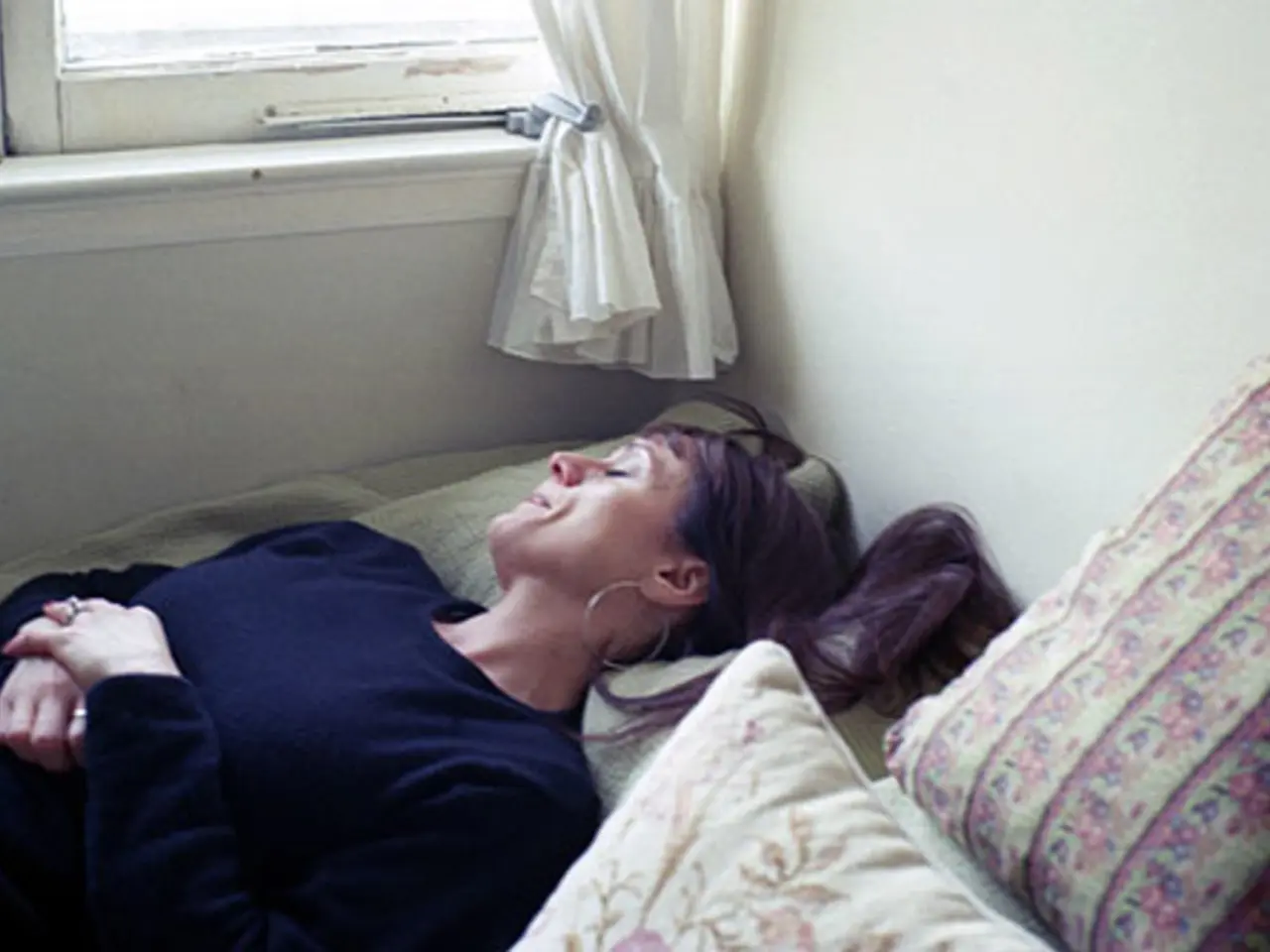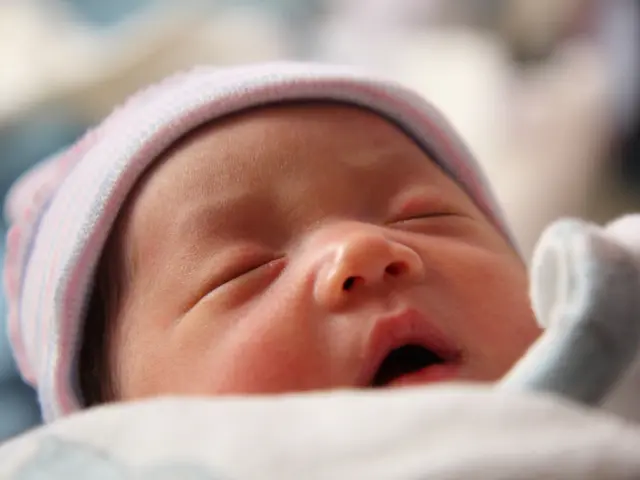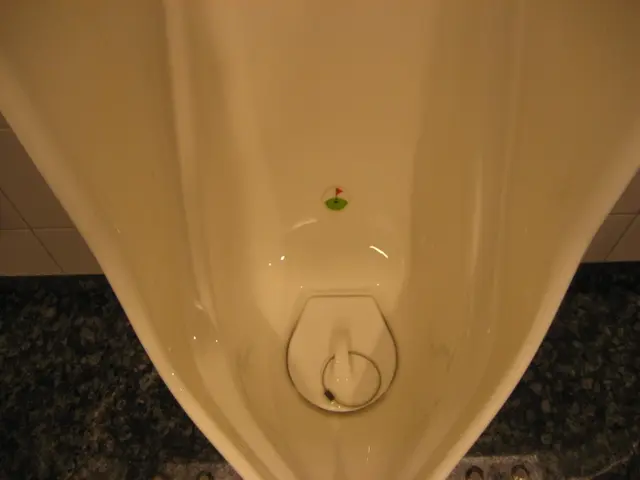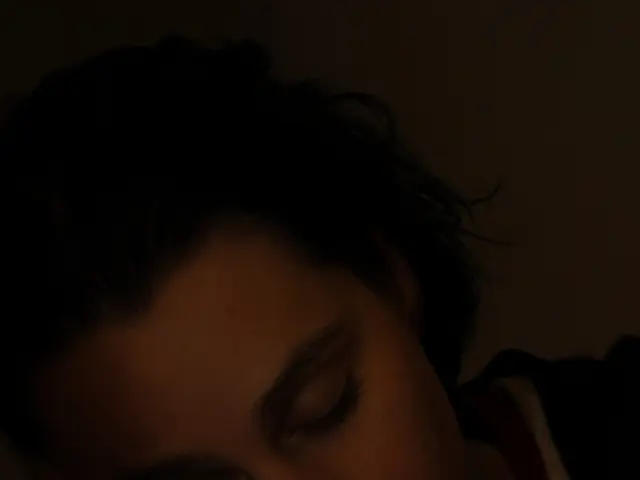Could Persistent Tiredness Indicate a Prevalent Type of Sleep Disorder Instead?
Feeling Drowsy? It Could Be More Than Just Stress or Lack of Sleep
Feeling fatigued or sleepy doesn't always mean you didn't catch enough Zs or are dealing with a late night. There could be other reasons, such as an often undiagnosed condition: sleep apnea in women.
Sleep apnea is known for causing repeated pauses in breathing during sleep, but it's not just the stereotypical old, overweight man who snores loudly and gasps for air that falls into this category. In fact, the signs of sleep apnea in women can be as subtle as persistent fatigue, mood swings, or irritability, and a big part of why lies in outdated research that tended to overlook the condition in women.
"When people think of sleep apnea, they often think of older, overweight men with loud snoring and choking or gasping while they sleep," Shelby Harris, PsyD, a sleep psychologist and author of The Women's Guide to Overcoming Insomnia, told us. "The next few decades saw the discovery of sleep apnea in women, but research initially focused on men, so no studies on sleep apnea included women until 1993."
Despite this delay, sleep apnea affects almost one in five women, but 90% of the women who have it remain undiagnosed. The misconception and lack of accurate capture of the disorder in women can be attributed to biological differences in how the condition manifests and gendered norms dictating who seeks help and gets taken seriously.
Women's Unique Symptoms Can Easily Go Unnoticed
The classic picture of sleep apnea includes loud snoring, waking up gasping for air, and extreme daytime sleepiness. However, these symptoms are not as noticeable in women. Instead, they may feel like they're always exhausted, experience irritability, headaches, anxiety, or depressed mood. In terms of nighttime signs, women are more likely to point out frequent wake-ups or restless sleep.
The reasons behind the differences aren't entirely understood, but research has proposed two theories. One theory suggests the hormones estrogen and progesterone in people who menstruate can protect against severe sleep apnea symptoms, as these hormones support soft structures of the back of the throat. Another explanation is that women have a lower arousal threshold, meaning they're more easily awoken, even by minor sounds during sleep. As a result, they may sleep less soundly than men, contributing to feelings of constant fatigue.
While these symptoms may seem common, they can easily be misdiagnosed as stress, poor sleep habits, or hormonal changes. Mental health conditions like anxiety and depression are also potential causes, further complicating the picture.
Gender Bias and Cultural Norms Complicate Diagnosis
Even if a healthcare provider suspects sleep apnea in a woman, they still have to rely on tools for screening and diagnosis that might not offer accurate results because they were designed with men in mind. For example, the widely used STOP-Bang questionnaire, a screening device for evaluating sleep apnea risk, may exhibit bias against women because it contains questions related to demographics and symptoms that might not apply to women or overestimate the risk.
The main test for diagnosing sleep apnea, known as a polysomnogram or sleep study, may also fail to capture all sleep apnea cases in women due to the way the disorder tends to occur during rapid eye movement (REM) sleep. REM-related apneas may lead to mischaracterization as not being a significant issue, making it harder to get insurance coverage for the necessary treatment.
The Importance of Consulting a Healthcare Provider
Going undiagnosed is more than just dealing with fatigue, irritability, and restless nights; it also increases the risk of serious health issues affecting the heart and brain, such as increased stress on the heart from hormones like adrenaline and higher blood pressure, and damage to blood vessels in the brain, which can lead to cognitive decline and dementia.
If you're experiencing persistent daytime fatigue, trouble concentrating, or other symptoms suggestive of sleep apnea, or you identify as a woman, it's essential to discuss your concerns with a healthcare professional. Arming yourself with knowledge about sleep apnea can help reduce the chances of an improper diagnosis and improve your chances of getting the proper treatment you need.
Additional Resources:
- Understanding the Science Behind Popular Sleep Supplements
- Is Sleep Apnea Genetic?
- Effective Approaches to Sleeping with a Bed Partner
Join our newsletter to receive more thought-provoking articles delivered straight to your inbox.
[1] Hagedoorne et al. (2016). Sleep apnea in women: An overview. Sleep Medicine Reviews, 24(3), 169-180.[2] Douglas et al. (2009). Unrecognized sleep apnea in the community: Why is prevalence data conflicting?. Sleep Medicine, 10(6), 555-559.[3] Christou et al. (2016). Clinical features of sleep apnea syndromes in women: An analysis of 1369 consecutive female patients. Journal of Clinical Sleep Medicine, 12(4), 365-372.[4] Hlaing et al. (2018). clinical presentation of obstructive sleep apnea in women with type 2 diabetes. Medicine, 97(13), 1-6.[5] Ebrahimi et al. (2017). Sleep disturbances in the female menopausal transition: Association with serum prolactin levels. Endocrine, 58(3), 398-405.
- The lack of knowledge about sleep apnea in women might be attributable to the condition's subtle symptoms, such as persistent fatigue, mood swings, and irritability, which are often mistaken for stress, poor sleep habits, or hormonal changes.
- In terms of mental health, anxiety and depression are potential causes of symptoms resembling sleep apnea, making the diagnosis even more challenging.
- The science of sleep apnea has been historically male-centric, which has led to the misuse of diagnostic tools like the STOP-Bang questionnaire and the polysomnogram, creating bias against women.
- Women are more likely to have symptoms such as frequent wake-ups or restless sleep during the night, although the reasons for the discrepancies are not entirely known.
- Despite the differences in manifestation, sleep apnea affects nearly one in five women, with 90% of cases remaining undiagnosed — a danger that overlooks the potential associated risks, including chronic diseases and mental health issues.
- Educating oneself about sleep apnea and seeking professional advice is crucial for accurate diagnosis and effective treatment, which can positively impact women's health and wellness, including their mental health, women's health, and heart and brain health.
- CBD, being a popular sleep supplement, could potentially play a role in managing sleep apnea symptoms, giving rise to the need for further research in the field of sleep apnea and alternative treatments.








